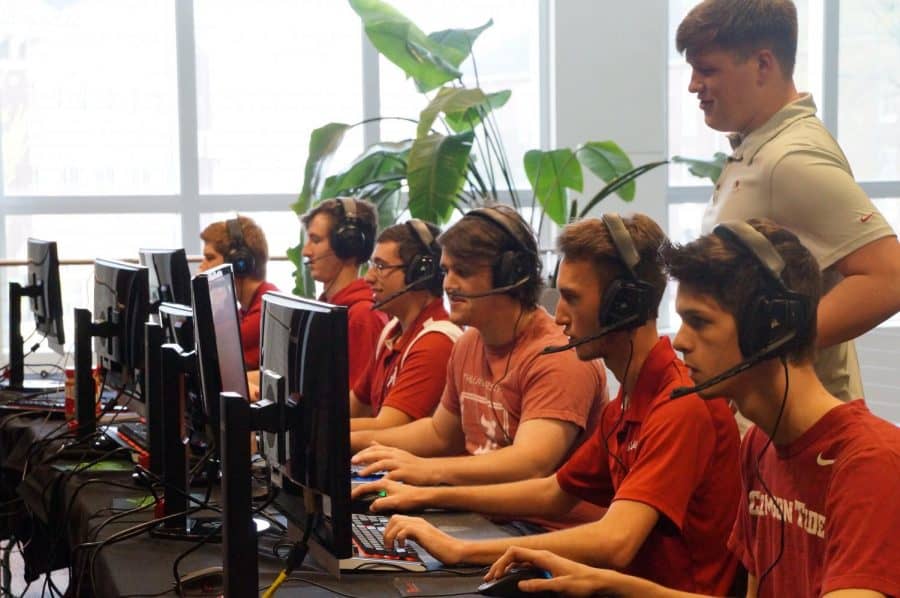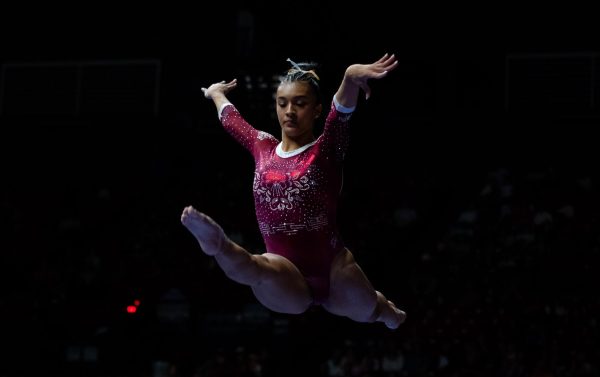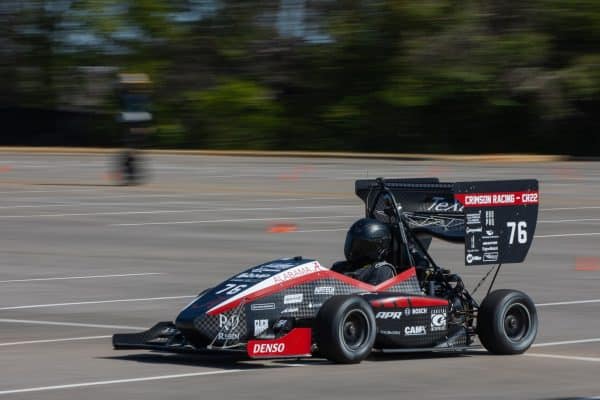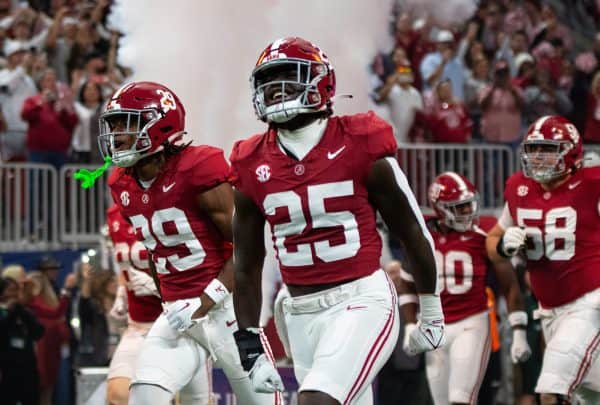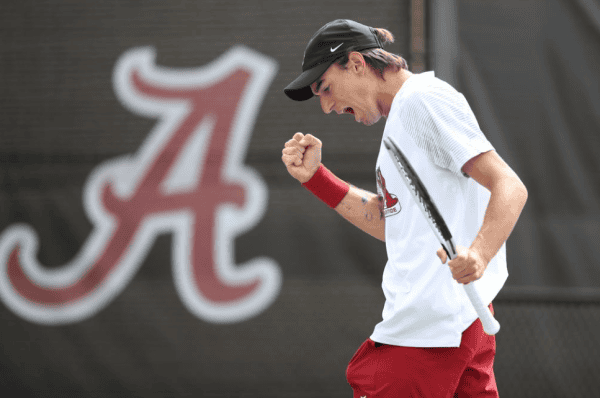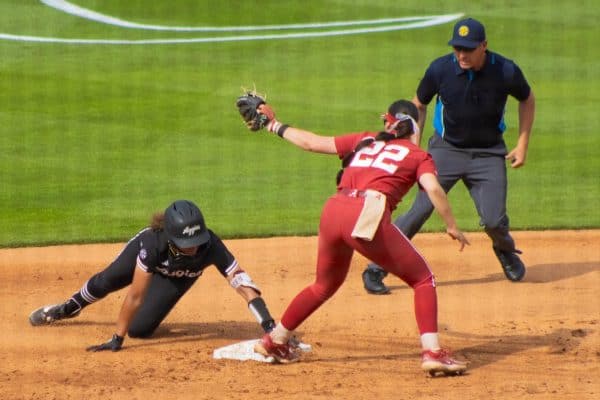Alabama esports club helps players get in the game
More stories from Hunter Jones
When most sports teams prepare for game day, they only have to worry about one game. The Alabama esports (electronic sports) club, however, has to manage roughly 30 teams across 12 different games, including League of Legends, Overwatch, Rocket League and Counter-Strike: Global Offensive.
Like cogs in a well-oiled machine, every player has a job to fulfill in order for the club to be successful.
To manage responsibilities, the team has five officers to oversee the club’s affairs as well as coordinators for each game.
“They relay information from us to the players as well as from the players back up to us,” said club president Landon Steeley, a sophomore majoring in business management. “And the coordinators really run their specific game so we, as the officers, don’t really do a lot of running a game. We let the coordinators do their job.”
Steeley pinned the origin of the club to spring 2017 when a group of passionate players started competing in Hearthstone, a mobile online card game. In fall 2018, they became an official club before becoming a sports club in spring 2019.
Through the first few years of the club’s existence, the club started to gain more popularity, which meant it could compete in more games in different tournaments. Today, the Alabama esports club has several games in which there are multiple teams, which adds another layer to deciding tournament teams.
“For League, we have three tiers,” said League of Legends head coach Chip Ogar, a junior majoring in accounting. “The bottom tier is gold, average players, which means they’re in the middle skill level for the game. We have an academy program, which is our B-team basically. They’re platinum, which means they’re fairly above average, and then we have a varsity program. That’s diamond-plus.”
Multiple teams in one game also give new players a chance to grow in their respective games as well.
“For Overwatch specifically, we’ve seen a lot of players grow recently,” said Matt Parks, a junior mechanical engineering major on the Overwatch team. “A lot that goes into it is their activity within the club and how much work they put in outside [the club]. A lot of our players have been looking to play in outside leagues over the summer where they can get more competitive practice in that more organized setting, and that’s really a big contributor – the people who go out and look for other sources to grow and work on the game.”
In esports, there are two kinds of tournaments: online tournaments, where the teams will play each other online from their own setups at home, and local area network, or LAN, tournaments, where teams travel to one place and play the tournament in person. The bigger tournaments are an adjustment, Steeley said. He remarked that playing in an unfamiliar setting is something that players who have not experienced it need to adjust to.
“I think it’s different for different players, but the biggest one is if you’re playing in front of a pretty big crowd, it’s going to make you a little bit nervous, and that’s probably going to make you play a little bit worse,” Steeley said.
Similar to other sports such as football and basketball, playing at home affords the athlete the feeling of familiarity. With esports, the presets that they play with and tendencies that they use are different when traveling on the road.
“A lot of people are comfortable playing at their own home setup,” Steeley said. “If you change one thing about my setup, it’s really going to mess me up. If I ever go play in a LAN on stage playing on a different setup is really going to bother me so I feel like I’m going to play worse from that.”
With esports growing and teams gravitating towards bigger tournaments, the Alabama esports club is looking to fill its roster with more players. The team is open to starting teams for new games if the player interest is there.
“At Get On Board Day, we had a lot of players for games we previously considered somewhat dead,” Parks said. “Games like SMITE, we saw an absolute influx of players for which we didn’t really expect. We could potentially be looking at teams here in the future.”

